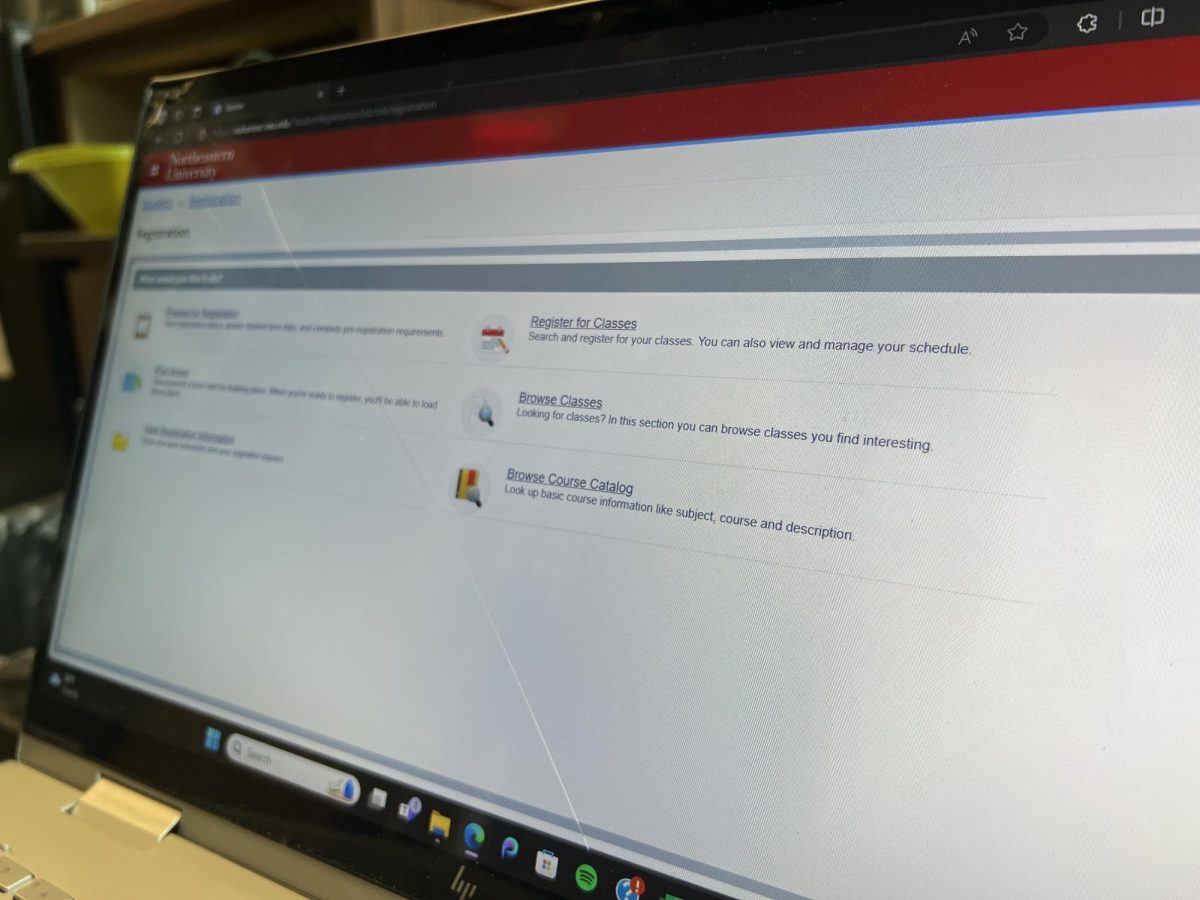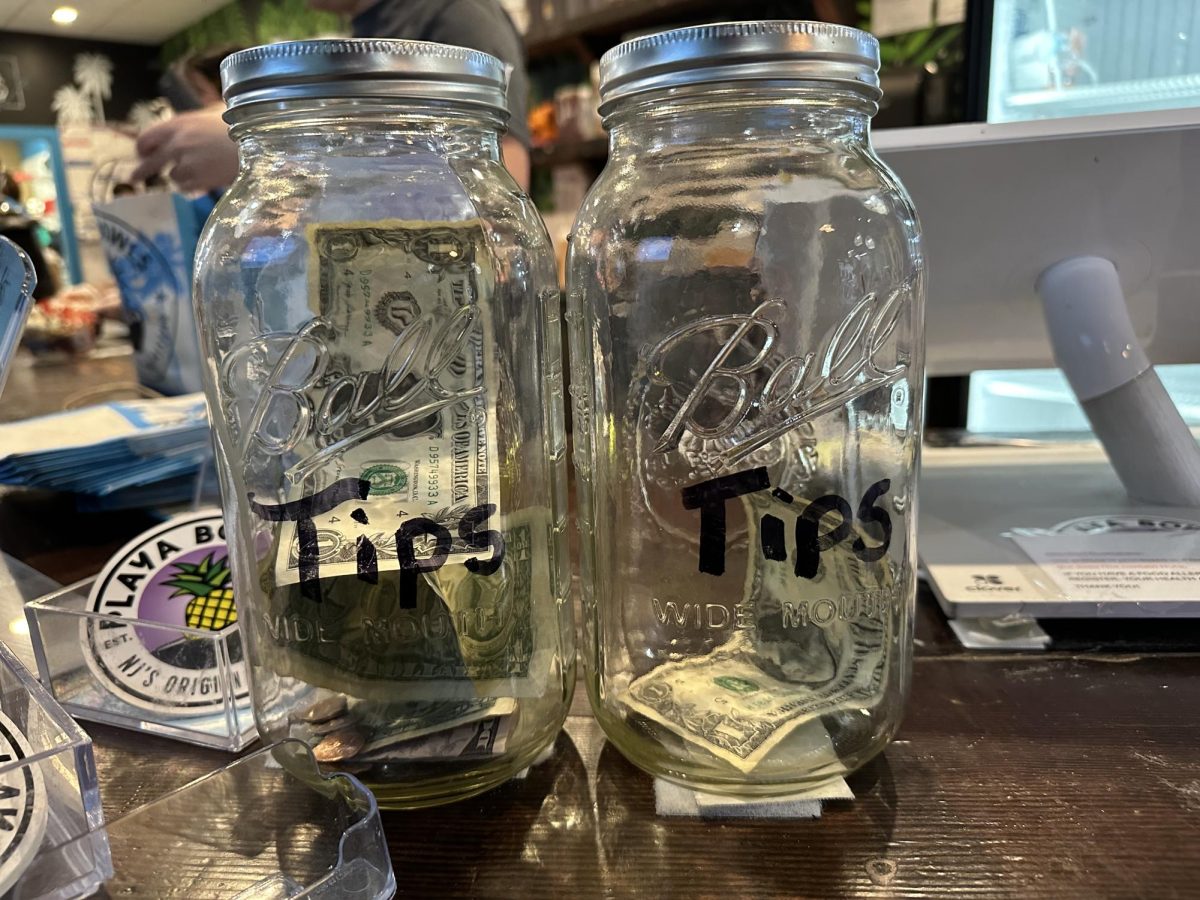Last week, one of our peers wrote an op-ed questioning the effectiveness of fossil fuel divestment for combating the climate crisis. The central argument was that divestment won’t “even remotely damage fossil fuel companies financially.” The truth is, he’s right. The fossil fuel industry is a behemoth of capital and influence. To them, the fraction of Northeastern’s endowment that is invested in fossil fuels is of no concern. This is the most powerful industry in history and there’s simply no way we can break their bank.
It’s a common misconception that divestment is a financial tool, but it’s about more than just withdrawing money – it’s about taking away social capital. Investment isn’t just about money either. Unlike simply purchasing a product, investment is a complex relationship representing a vote of confidence in a company and an endorsement of a business model. Divestment is, likewise, a rejection of a business’s practices. The fossil fuel industry’s plan – extracting and burning more carbon at any cost – is one worth rejecting.
We need not bankrupt these companies. Rather, the intent is to make it socially and politically impossible for Exxon and friends to continue blocking climate progress unopposed. Luckily, we’re not going at it alone; divestment is the fastest growing student movement in history, with campaigns underway at hundreds of schools around the world. To date, over $50 billion of assets have divested. This movement has legs.
From a financial standpoint, divesting gets more feasible by the day. Endowments are complex structures; many are invested in commingled funds – multiple stocks packaged as a single product. This can make divestment challenging. Fortunately, an increasing number of firms, including leaders such as Cambridge Associates, offer divestiture services and fossil-free portfolios. Northeastern’s financial planners have a duty to maintain the vitality of our endowment. Accordingly, divestment will not result in higher tuition, fewer scholarships or lower rankings. The economic incentives for divestment are worth an article all to themselves (see, for example, former SEC Commissioner Bevis Longstreth’s piece for the Huffington Post), and studies by firms like the Aperio Group show that divestment has a negligible impact on returns.
So, where would the divested money go? DivestNU drew criticism from last week’s op-ed for not specifying reinvestment as part of our campaign. This is not a task for us alone. Rather, it is our collective responsibility to package divestment in a manner consistent with our institutional mission, whether it be active reinvestment, sustainability initiatives on campus, bolstering research or otherwise. In the past, we’ve been recognized for our leadership in sustainability. Divestment is the logical next step.
The UN Intergovernmental Panel on Climate Change recently issued a “synthesis report,” bringing together years of research from leading climate scientists. These researchers, conservative by nature, are now using phrases like “severe, pervasive and irreversible impacts for people and ecosystems” to describe the risks of continuing on our current emissions pathway. We have the solutions, and divestment is a tactic to put us on the right path. Divestment is not a silver bullet, but, as students, it’s the best ammunition we’ve got.
– Tyler Hall is a third-year mechanical engineering major and a member of DivestNU.
Photo courtesy Creative Commons.












